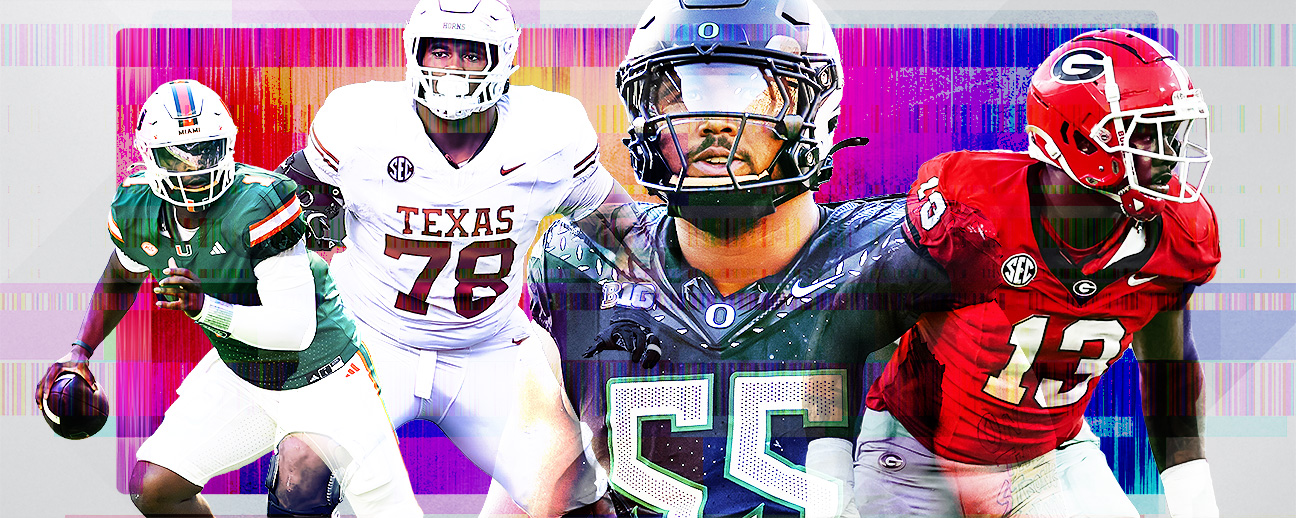The franchise tag has been an essential tool for NFL teams looking to retain key players while negotiating long-term contracts. Since its introduction in 1993, the Minnesota Vikings have selectively used the franchise tag to maintain stability at crucial positions. This article explores the history of the Vikings’ use of the franchise tag, key players who have received it, and how it has impacted the team over the years.
Understanding the Franchise Tag
Before delving into the Vikings’ history with the franchise tag, it is important to understand what it entails. The franchise tag is a designation that allows NFL teams to retain the rights to a player set to become a free agent. There are three types of franchise tags:
- Exclusive Franchise Tag – Prevents the player from negotiating with other teams and guarantees a salary based on the top five salaries at their position.
- Non-Exclusive Franchise Tag – Allows the player to negotiate with other teams, but the original team can match any offer or receive compensation in the form of draft picks.
- Transition Tag – Provides the original team with the right to match an offer from another team but without draft pick compensation.
The Vikings have used the franchise tag sparingly, employing it only when negotiations with key players reached a stalemate.
Early Use of the Franchise Tag by the Vikings
Jim Kleinsasser (2003)
One of the first players the Vikings placed the franchise tag on was tight end Jim Kleinsasser in 2003. Kleinsasser was an integral part of the Vikings’ offensive line and passing attack, serving as both a blocker and a reliable target for quarterbacks. The team ultimately reached a long-term deal with him, demonstrating how the franchise tag often serves as a temporary measure while negotiating extensions.
The 2000s: Strategic Use of the Franchise Tag
Chad Greenway (2011)
Linebacker Chad Greenway received the franchise tag in 2011. Greenway was a cornerstone of the Vikings’ defense, leading the team in tackles and providing leadership on and off the field. The franchise tag ensured that the Vikings retained him while working on a multi-year contract. Eventually, Greenway signed a long-term extension, which kept him in Minnesota for several more seasons.
The Adrian Peterson Era and the Franchise Tag
During Adrian Peterson’s tenure with the Vikings (2007–2016), the team never needed to use the franchise tag on him due to his continuous contract extensions. However, his influence on the team’s salary cap and roster decisions played a role in how the franchise tag was applied to other players during this period.
2010s: A Decade of Limited Use
Anthony Harris (2020)
Safety Anthony Harris was franchise-tagged in 2020 after an impressive 2019 season in which he tied for the league lead in interceptions. The Vikings had hoped to secure Harris on a long-term deal, but ultimately, he played the 2020 season under the tag. After the season, Harris departed in free agency, signing with the Philadelphia Eagles.
Case Keenum and the Kirk Cousins Effect
The Vikings did not use the franchise tag on quarterback Case Keenum following the 2017 season, despite his stellar performance in leading the team to the NFC Championship Game. Instead, they pursued Kirk Cousins in free agency, signing him to a fully guaranteed contract. This decision illustrated the franchise’s strategy of investing in long-term quarterback stability rather than using short-term solutions like the franchise tag.
Recent Years: The Evolution of the Vikings’ Strategy
Danielle Hunter (2023-2024 Speculation)
In recent years, defensive end Danielle Hunter has been a candidate for the franchise tag due to his elite pass-rushing ability. However, the Vikings have opted to restructure his contract rather than use the tag, demonstrating a preference for renegotiations over temporary franchise designations.
Justin Jefferson and the Future of the Franchise Tag
With superstar wide receiver Justin Jefferson becoming eligible for a contract extension, the Vikings might consider using the franchise tag if negotiations stall. Given Jefferson’s importance to the team’s offense, a franchise tag would ensure that he remains a Viking while contract discussions continue.
Conclusion
The Minnesota Vikings have used the franchise tag sparingly, prioritizing long-term contracts over temporary solutions. From early cases like Jim Kleinsasser to recent applications on players like Anthony Harris, the team has strategically employed the tag to maintain roster stability. Looking ahead, the franchise tag remains a viable option for retaining top talent, particularly with emerging stars like Justin Jefferson. As the Vikings navigate future contract negotiations, the franchise tag will continue to be a tool in their arsenal for securing key players.



